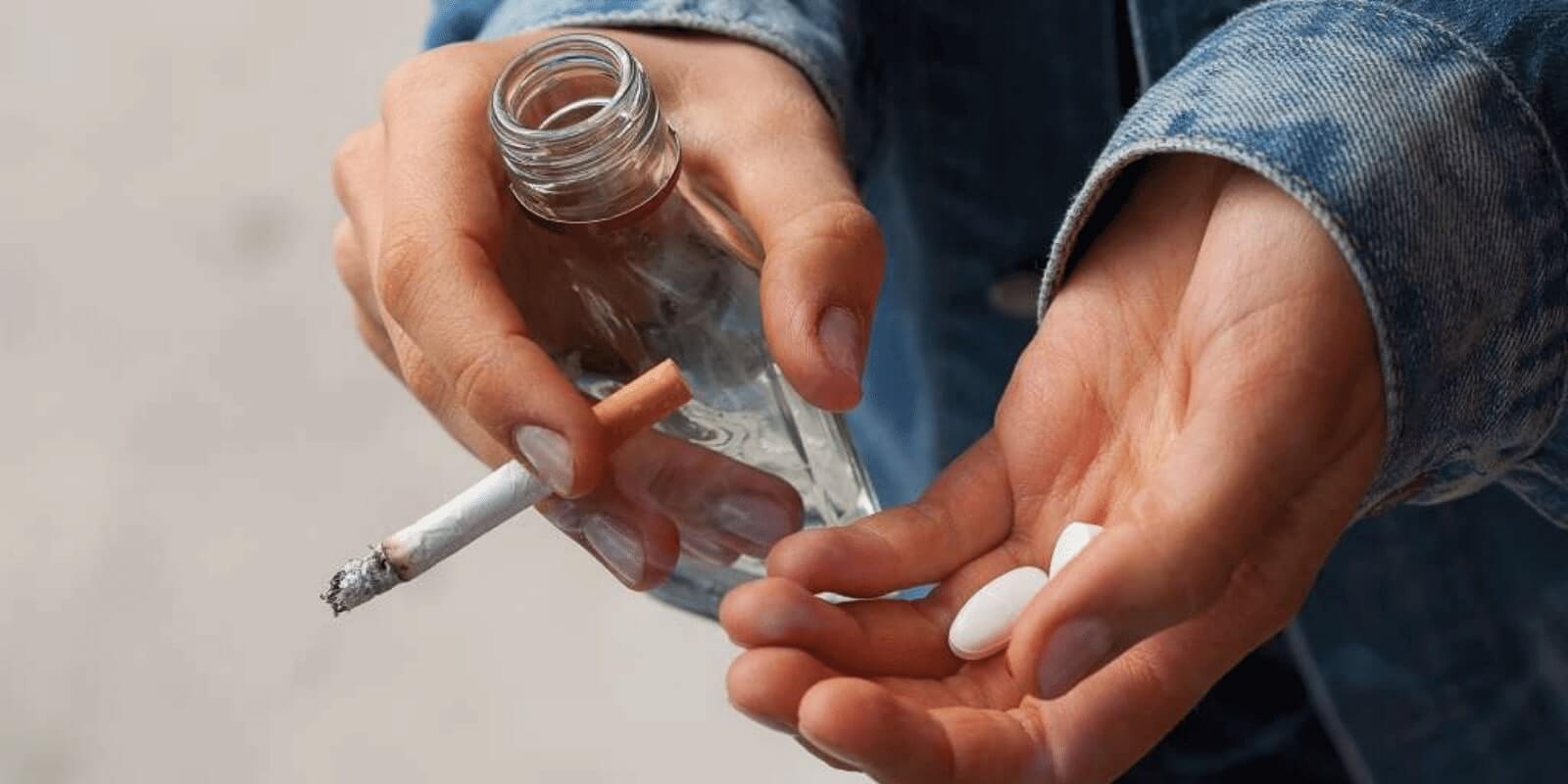The Relationship Between Alcohol & Suicide
Alcohol and suicide are known to have a causal relationship. Alcohol disinhibits the brain causing impulsivity and poor decision making. Research shows a strong link between alcohol use among people diagnosed with depression.
According to the International Journal of Environmental Research and Public Health, “Alcohol abuse may lead to suicidality through disinhibition, impulsiveness and impaired judgment, but it may also be used as a means to ease the distress associated with committing an act of suicide.”
Statistics: Alcohol & Suicide
- Alcohol is involved in more than a quarter of all suicides in the United States.
- People who abuse alcohol have higher rates of both attempted and completed suicide than those who don’t abuse alcohol.
- In suicides associated with alcohol misuse, 80% of the victims are men and 20% are women.
- Alcohol is often a factor in suicidal behavior among young men and male teens.
- People who misuse drugs and alcohol have a 40 times greater risk of suicide than those who do not.
Talking About Suicide Doesn’t Cause it
It is a common misconception that by asking someone about suicide, you might plant the idea in their head or cause them to consider it. The research is clear that this is not the case. If you are concerned about a loved one, ask them about suicide, and do it directly:
- Are you thinking about killing yourself?
- Have you thought about killing yourself?
- Do you ever wish that you were dead?
- Do you have a plan for how you would kill yourself?
If the answer to any of the above questions is yes, also find out what keeps them from following through.
Call a crisis hotline or 9-1-1 if your loved one can’t commit to stay safe or you have reason to believe that they may follow through on thoughts or suicide. Even if you believe they are safe for the time being, it is important that they seek counseling to address underlying depression, trauma, and other contributing factors.

Suicidal Thoughts & Self-harm Behaviors are Not the Same Thing
Self-harming behaviors can result in accidental death, but generally, the intention behind self-harm is not death. People may self-harm as a form of self-punishment, to distract from emotional pain, or to relieve a feeling of numbness and disconnection. It is important to determine a person’s intention in self-harming.
Signs of Suicidal Thoughts
- Talking about/threatening to hurt or kill self
- Making plans, researching ways to kill self
- Drawing, writing, obsessing over death
- Giving away belongings
- Saying goodbye with unexpected calls to friends or relatives
Suicide is Preventable: Help is Available
The first step in addressing thoughts of suicide is to tell a trusted adult. Don’t be alone with these thoughts. A professional can help you get treatment for underlying depression, learn to work through and express difficult emotions and help you develop coping skills for dealing with hard situations.
Limit access to firearms and medications. No, this does not entirely prevent suicide. However, studies show that limiting access to these common means of suicide makes people less likely to complete suicide.
Colorado Crisis Hotline: (844) 493-TALK (8255)
For longer term care and to address the root cause of what is contributing to both alcohol use and depression, there are treatment programs that can help your loved one get back on track so they can be the happiest, healthiest version of themselves.
Sandstone Care Treatment Options
We offer a full continuum of care for teens and young adults struggling with alcohol and drug use, depression, suicidality, and other co-occurring disorders. Contact our admissions coordinators to learn more about our medical detox, teen residential, and outpatient treatment programs. We also offer transitional living programs to help young adults get stable.


Online Treatment Programs
Our virtual IOP program offers the same programming that we offer in person, all online – this is ideal for those who live too far to drive to an addiction center, have transportation issues, or have health concerns that make in-person treatment challenging.




